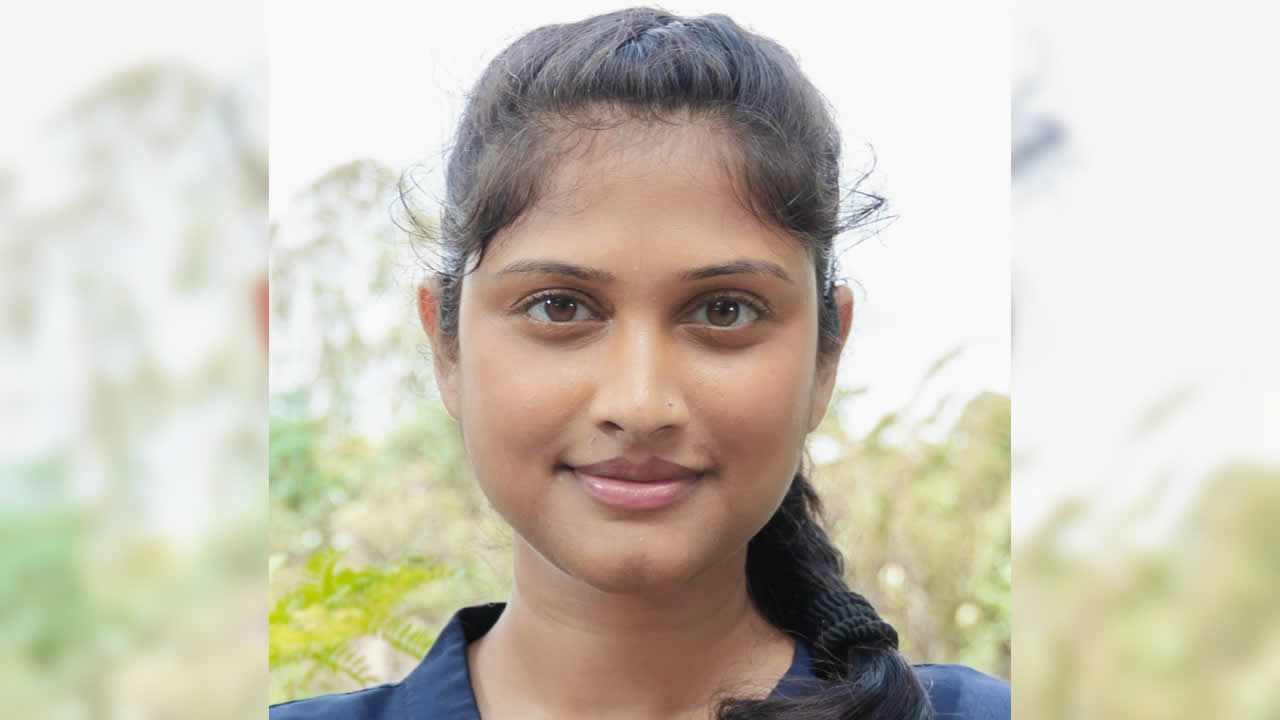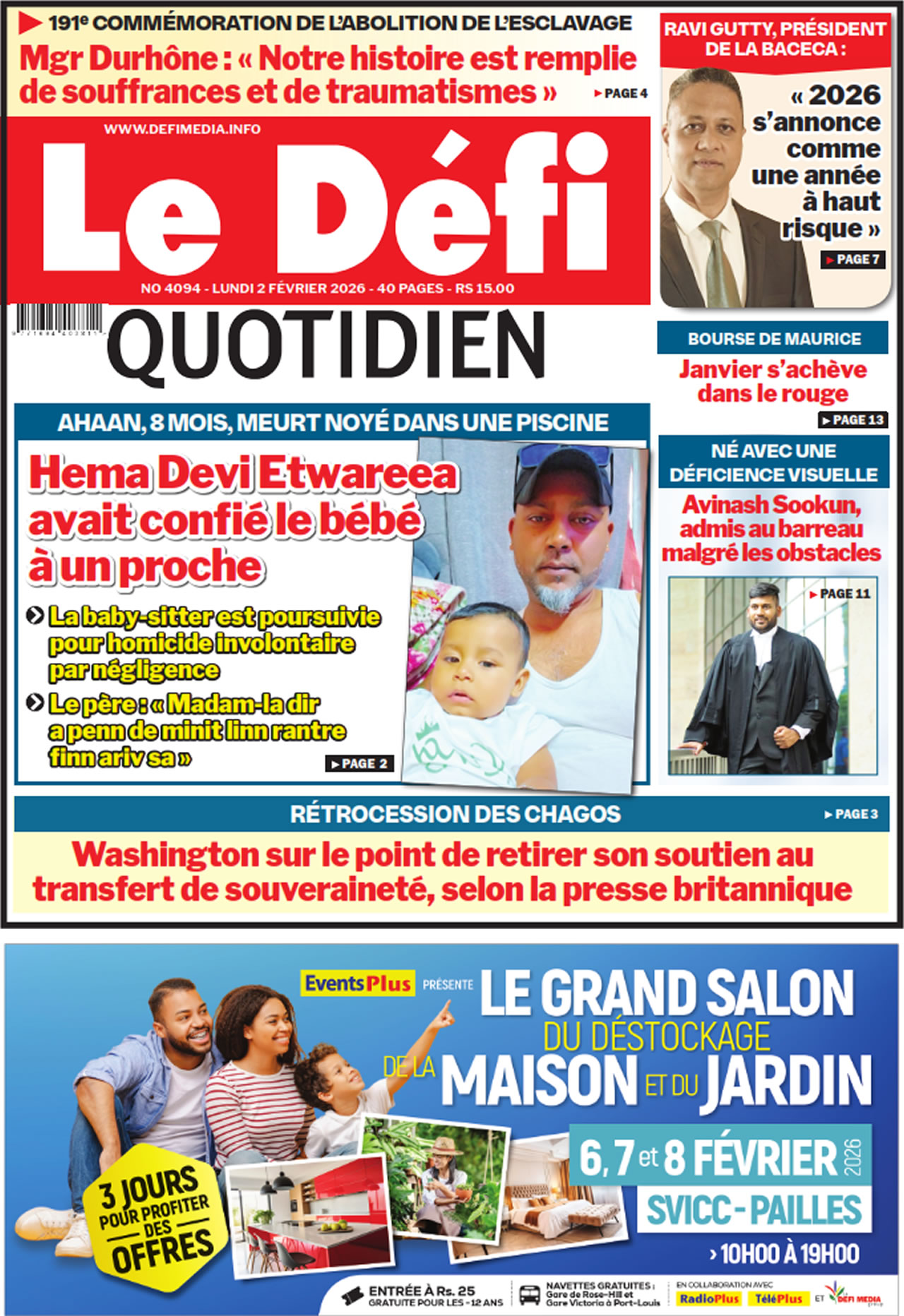
- By Meghna Raghoobar, CEO of HolistiZen
Introduction
We are at midpoint where conventional economical decision has been overpowering human wellbeing, and transitioning to a wellbeing economy needs to be the topmost priority of any government around the world, including Mauritius. It is time that policy decisions are taken to serve people and the planet. On an international level, Wales has already adopted The Well-being Future Generations Act, which gives permission and legal obligation to improve our social, cultural, environmental and economic well-being. The Act ensures that public bodies in Wales think about the long-term impact of their decisions, to work better with people, communities and each other, and to prevent persistent problems such as poverty, health inequalities and climate change. The Act is unique to Wales and is attracting interest from countries across the world, as it offers a huge opportunity to make a long-lasting, positive change to current and future generations. How can Mauritius inspire its economy towards a wellbeing one, despite having a debt of 410 billion rupees end of 2022 ? Mauritius current account deficits are influenced by several factors ; high imports, high debts and low savings.
The way forward
Last month, in a poll conducted on LinkedIn, 33% of young professionals consider moving towards a wellbeing economy could help us strategically build more on our service sector, allowing more foreign currency in so that it would eventually increase our GDP. We need to build more schemes and 0% interest on loans of up to 1 million rupees for SMEs specially owned by youth under 40, contributing to the wellbeing sector and nature-based activities under the tourism enterprise licence scheme. That will not only boost the economy by attracting a new market of tourists, but also create jobs for Gen Y and Gen Z wanting to serve differently than the conventional way.
The educational system has been long debated in Mauritius and changed its course over the past 33 years few times, yet what young professional parents from LinkedIn are seeking for their kids is alternative education. How do we integrate alternative education in our budget to prepare the next generation? An alternative approach to education will go hand in hand with a wellbeing economy. It is high time that we have a decent budget for the education sector, where we accommodate solely fifteen students per class with a teacher and a support teacher, while experiential learning becomes the core of our educational model. According to the Bank of Mauritius in 2020, SMEs in Mauritius contributed to 44% of total employment, 35 % of the total domestic Gross Value Added (GVA) and 10.3 % of the country’s total domestic exports. Fact being as it is, how do we integrate entrepreneurship as a subject both theory and practical-based at an early stage of our educational system, so that SMEs could contribute to GDP to up to 80% in the next two decades, and our total domestic exports get to 60% in two decades from now. It has to start somewhere. Singapore runs its economy through its service sector, where it externalizes its services to other countries, allowing more currency in, and this economic model could be adopted through entrepreneurship, good livelihoods we offer to attract more investors and lead to less brain drain, as well as giving quality education for young entrepreneurs willing to stay to build the economy for the generations to come.
We have diverse cultural heritage, and we need to invest more in our artists to develop our economy. The budget 2023-2024 should have schemes and programs to support our local artists and sport persons in their career development. They need to be given a decent scheme to be able to fully focus in positioning Mauritius on the international level. If our local artists are given the right platform to perform and we link it with our tourism sector, it could be a new market where we run ecological and cultural concerts. It is also important to finance our local artists in more international concerts so that they position Mauritius out there attracting more tourists to visit us.
Last but not least, how do we invest more in prevention to spend less on cure ? We need to build a budget, where we can reduce our expenses to 50% on medical treatments. Yet, that can happen solely if we invest more in prevention. The first and foremost way is by producing pesticide-free fruits and vegetables, which is still not happening despite the ban that was supposed to happen during budget 2021-2022.
If we want to adopt a wellbeing economy, we need to also go beyond decreasing the cost of fuel and few food items, and giving grants for “eye-washing’’. It is good for any government to keep this part, as people rejoice on fuel decrease, rise in pension after a budget, yet as intellectuals and visionaries, our role needs to be of a stateperson in its purest intention.
I said it for the last budget, and I repeat it again : ‘’This budget needs to be a short-term budget for a long-term vision, not for the next election’’.
 J'aime
J'aime














